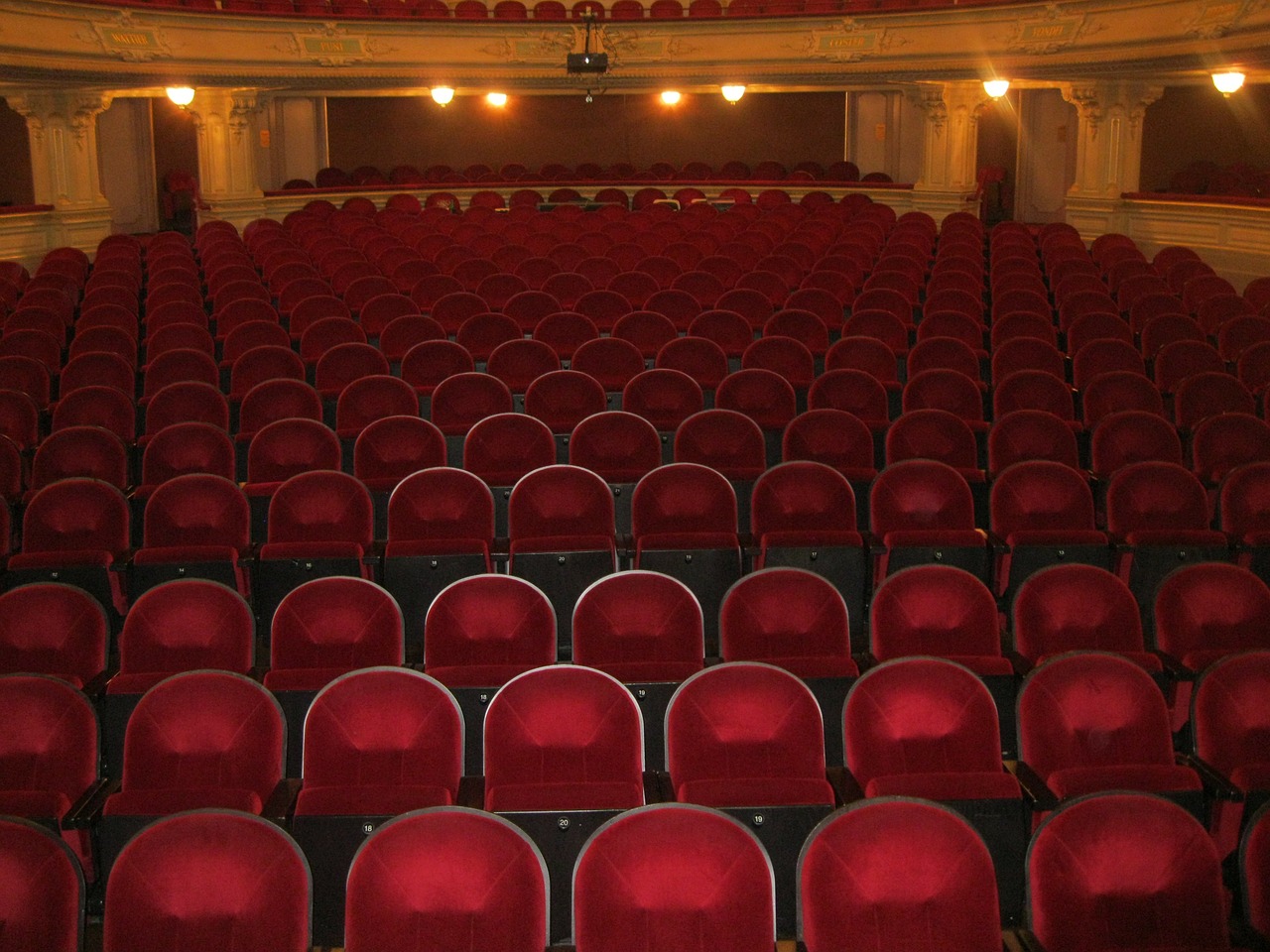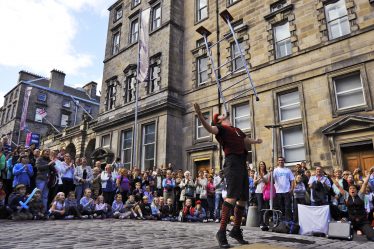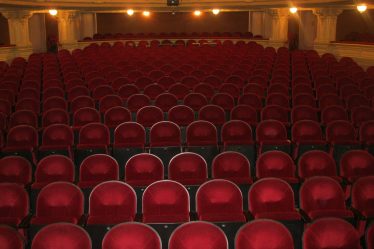
The public health measures introduced to deal with the coronavirus pandemic have effectively ended the day-to-day working of the creative sector.
Social distancing and a ban on gatherings greater than a handful of people have consigned the prospect of live entertainment as we knew it to the dustbin of history in the near future.
This has put the industry under incredible pressure to find ways to survive, but also gives the space to consider how to move forward as lockdown measures are eased. In a naive attempt to focus on the positives as lockdown measures are gradually eased, I’d like to imagine how the industry can reform its relationship with consumers by refining some of its more costly practices.
Ticket prices are an easy target for consumer gripes – and it’s no surprise. If, like me, you went to see Elton John in Glasgow in 2015, a mid-priced seat would have set you back £80. For the exact same seat on his (now postponed) ‘final tour’, you’d pay double.
We can appreciate that touring is an expensive game – you have the trucks, the roadies and the insurance to name but a few – but stripping down the most extravagant technical wizardry of gigantic sets might be one way of keeping tickets affordable.
In the theatre, audiences are slowly but surely being priced out of shows. Forget the West End – even big cities in Scotland like Glasgow and Edinburgh have premium seats which are increasingly tied to package-only deals.
It seems ridiculous that for some touring musicals, you can only secure a premium seat by paying through the nose for a VIP package which is little more than a warm glass of fizz and a tub of crisps. Then, imagine the despair when punters see online voucher sites flooded with last-minute ticket deals due to lack of sales for mid-week shows…
Then, there is the travesty that is dynamic ticket pricing – a practice that can significantly boost ticket revenues but hits the customer in the pocket.
It was once more commonplace in the sporting world, but dynamic ticket pricing is creeping into the world of theatre and live entertainment, hitting the pursestrings hard for high-demand events. The idea of paying substantially more for your seat than the person sitting beside you isn’t exactly a great way to build consumer confidence.
In coming out of this crisis, venues and organisations will need to look at how to effectively engage their audience without pricing them out. Recovery could be a key moment in boosting the public’s interest in smaller-scale venues with predominantly in-house productions.
Places like Pitlochry Festival Theatre and Dundee Rep have a reputation for truly outstanding theatre that won’t bust the budget; I sincerely hope they are the ones who benefit most as we seek to find the new ‘normal’.
Originally published for The Scots Independent newspaper



